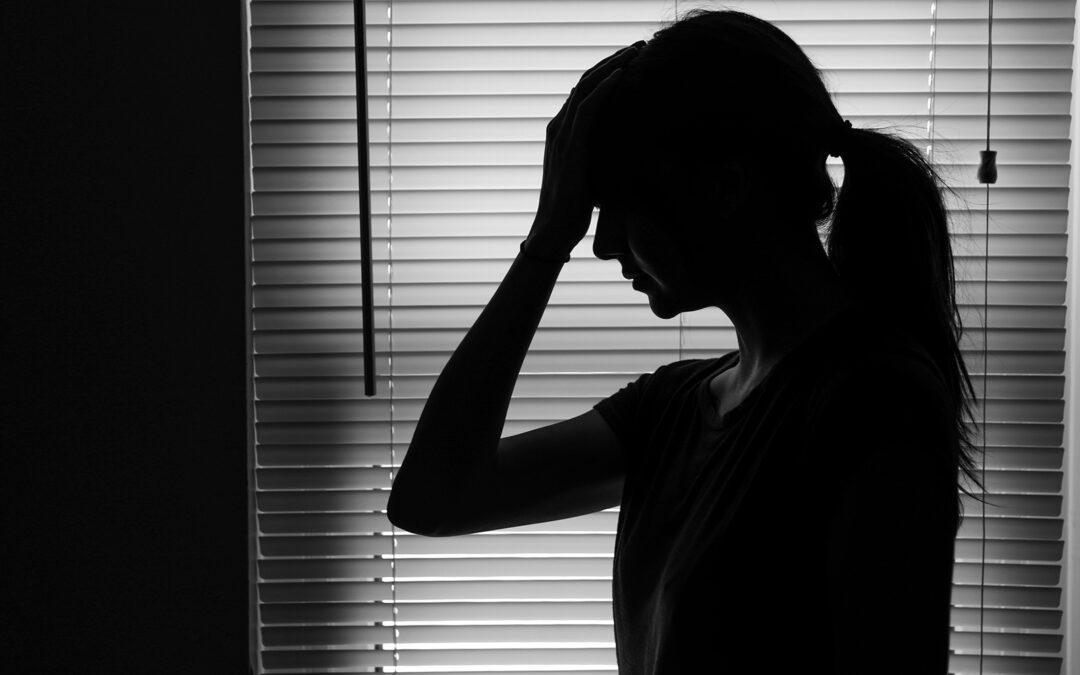Have you ever had a thought of “I wish I couldn’t wake up? I can’t face it anymore!”. I had, but it was a temporary feeling of low mood with no intension to end my life. I consider myself the lucky one who was able to share my thoughts about difficulties of certain life issues, such as IVF emotional roller coaster, burnout or not having a dad who left me when I was a new-born baby and decided to not recognize my existence and “forgot” to say sorry before dying. Despite all of that, I always had a faith in GOOD and can talk about my “life stories” adding a humour. I am very much able to share, and I have very close people to talk to!
But what happens if the person has lost faith? What if there is no one to talk to? Loneliness, economical struggles, illness, living in abusive relationship, trauma, and many, many more factors that might make people lose the hope.
Here we need to remember that there is suicidal depression:
- the passive suicidal depression tends to take forms such as the very common one of not wanting to wake up in the morning
and
- suicidal intention: to die by making a detailed plan
Hopelessness and /or depression, it is argued, as the most significant factors in suicidal prevention (Schwarz and Cohen, 2001). Therefore, family members, close friends, practitioners, support workers and listeners need to be aware of details that might suggest that a person is in a high-risk category.
How can we help?
Listen! Listen without any judgment and don’t afraid to ask questions (of course, by being sensitive and understanding about it):
How low do you feel? Are you thinking to end your life? What would that mean to you? Have you got a plan? Tell me your experience…As I have been working as a trained listener with people who have suicidal thoughts, plans and actions. I truly can say that talking about it loud helps. More we mention it, smaller it might get. There is someone to talk to who truly listens to you without any judgment by building trust and supportive relationship! Some people never did share their deepest thoughts with anyone else!
It’s important to know how we respond to risk:
- Intensity of suicidal thoughts offering 0-10 scale (0 no intention and 10 an immediate intention to act, such as urgent GP referral)
- Client’s own coping strategies in managing suicidal ideas (I heard many times that the pain that they might cause to their children and parents stops them)
- Discussing what support system, the person has available (Friends, family, therapists, out of hours helplines)
- Developing a collaborative “Crisis plan” or “Keep safe plan” (what makes suicidal more likely. Triggers. What it makes less likely. Agreeing to continue having medications if prescribed. Review the plan regularly. List of all available support options, including telephone numbers etc…Who to contact if the client has not arrived at the session?
Finally: Let’s talk about it more! Let’s listen to each other! Let’s be kinder to ourselves and others! Let’s not lose the hope! Together we can make the difference!
If you or someone you know need an urgent support, please see the list below:
Samaritans – for everyone
Call 116 123
Email jo@samaritans.org
Campaign Against Living Miserably (CALM)
Call 0800 58 58 58 – 5pm to midnight every day
Visit the webchat page
Papyrus – for people under 35
Call 0800 068 41 41 – 9am to midnight every day
Text 07860 039967
Email pat@papyrus-uk.org
Childline – for children and young people under 19
Call 0800 1111 – the number will not show up on your phone bill
Shout Crisis Text Line – for everyone
Text “SHOUT” to 85258
YoungMinds Crisis Messenger – for people under 19
Text “YM” to 85258
The Listening Place. TLP provides free, face-to-face, ongoing support, by appointment, for those who feel that life is no longer worth living.
Telephone number: 020 3906 7676

